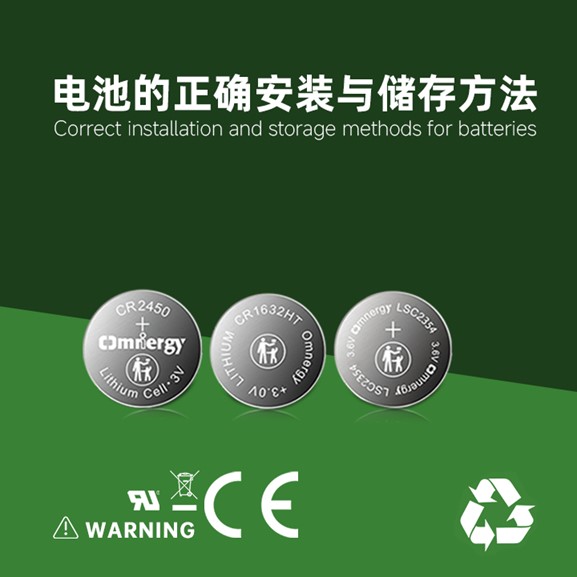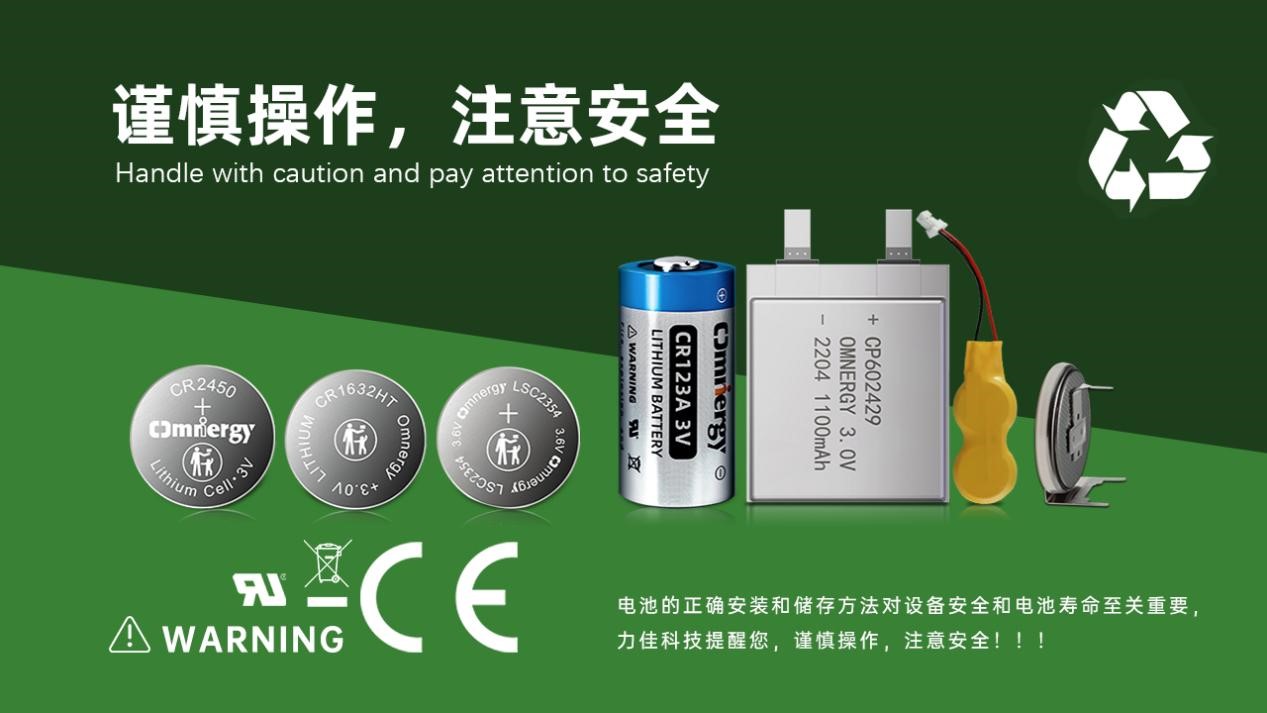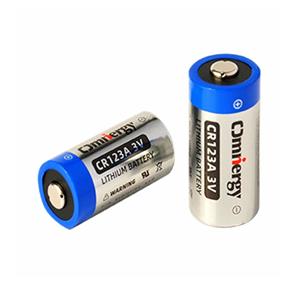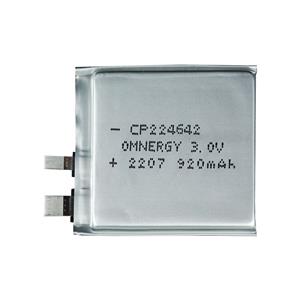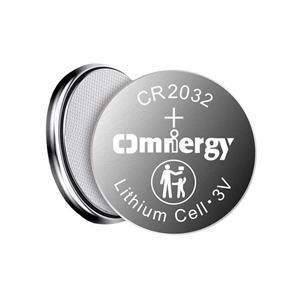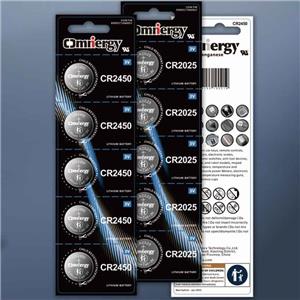Correct installation and storage of batteries
The correct installation and storage of button batteries is critical to device safety and battery life. The following are detailed guidelines:
1. Correct installation method
Check the battery model
Check the battery model number (such as CR2032, CR2025, etc.) marked in the device manual or battery compartment to ensure that it is consistent with the battery.
Different models may have different voltages and sizes, and mixing them may cause damage to the device.
2. Identify the positive and negative sides of the battery
The side of the button battery marked with "+" (positive) is usually facing up (towards the device cover).
The negative side (flat side) contacts the metal spring or flat contact in the battery compartment.
Improper installation may cause short circuit or damage the circuit.
Cleaning contact points
Before installation, wipe the battery and device contacts with a dry cloth to remove any oil or oxidation that may affect conductivity.
Press lightly to fix
Place the battery steadily into the slot and press it gently with your fingers until it is firmly locked. Avoid excessive force that may cause deformation.
Safe Operation
Use plastic tools (not metal) to assist installation and prevent short circuits.
Children must be supervised by an adult to avoid accidental ingestion (button batteries have a high risk of accidental ingestion).
Storage Methods
1. Environmental requirements
Temperature: Store in a cool and dry place, ideally at 15°C~25°C. Avoid high temperatures (such as near heaters) or low temperatures (which may affect performance).
Humidity: Relative humidity should be lower than 60% to prevent moisture from causing leakage or rust.
Store in original packaging
Keep unused batteries in their original packaging and avoid contact with metal objects (such as keys and coins) to prevent short circuits.
Unpacked batteries can be placed in an insulated small box or a dedicated storage box.
Keep away from children and pets
Store in a high place or locked drawer where children cannot reach. Accidental swallowing of button batteries may cause serious injury.
Avoid mixing
Store different types of batteries and new & old batteries separately to prevent confusion or contact short circuit.
Long-term storage precautions
Lithium batteries (such as CR series) have a low self-discharge rate and can be stored for a long time; alkaline button batteries (such as LR series) are recommended to be used as soon as possible.
Check the batteries in stock regularly, and batteries that leak or swell should be discarded safely.
Other considerations
Disposal: Button batteries contain heavy metals and should be placed in special recycling bins. Do not discard them at will.
Leakage treatment: If the battery leaks, wear gloves to clean it and wipe the device contacts with an alcohol swab to avoid direct contact with the skin.
If the device is not used for a long time: remove the battery to prevent battery aging and leakage from corroding the device.
Power Glory reminds you: Proper installation and storage of button batteries can extend the life of the device and reduce safety risks. Be sure to operate with caution!

